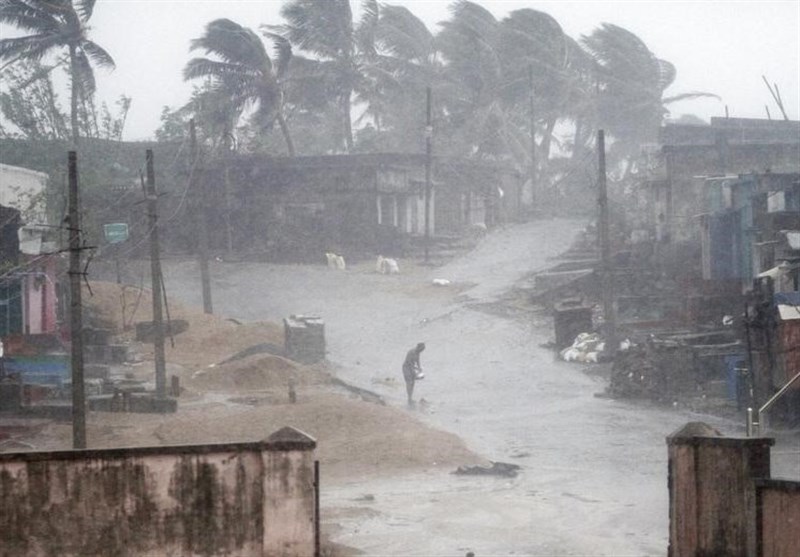angelburst29
The Living Force
We are pretty well back to normal after Hurricane Florence. It was not as bad as expected in my area, fortunately. But the aftermath is all about mold and mosquitos. These mosquitos are different. They are about 2x the size of our usual ones, numerous and quite aggressive. I'm noticing a lot of complaints of and talk about headaches in the community.
Oct. 1, 2018 - North Carolina Has A Massive Mosquito Problem After Hurricane Florence
North Carolina Has A Massive Mosquito Problem After Hurricane Florence
Some of the largest known mosquitoes in the world are creating a buzz across parts of North Carolina, and residents have Hurricane Florence to thank for it.
An outbreak of blood-sucking mosquitoes called Psorophora ciliata, or “gallinippers,” which can grow three times larger than regular mosquitos, is being reported in parts of the state flooded by the storm, creating a public nuisance, health concerns as well as jokes that North Carolina has a new state bird.
Videos and photos posted on social media showcase the flying insects’ monster size. In one such video, a child is heard asking: “Why are you doing that — taking pictures of the wasps?”
“They’re not wasps, baby, they’re mosquitoes,” the woman filming answers as the insects cover her car’s windows.
Cassie Vadovsky, who filmed the video, compared the mosquitoes to a snowstorm, and said the swarm hit her area a few days after Hurricane Florence passed.
“It didn’t hit automatically. It was more gradual. It took maybe three or four days after the storm passed before it got to this epidemic level,” she told USA Today. “And I’m not even on the side of town that had the major flooding. Imagine how bad it could be over on that end.”
Gallinippers, or “shaggy-legged gallinippers” as they are also commonly known, are floodwater mosquitos that lay their eggs in low-lying areas with damp soil and grassy overgrowth. The eggs hatch after these areas flood, and within just six days the larvae can develop into adults, according to the University of Florida’s entomology website.
Fayetteville resident Robert Phillips described the swarms as something out of “a bad science fiction movie.”
“They were inundating me, and one landed on me,” he told The Fayetteville Observer. “It was like a small blackbird. I told my wife, ‘Gosh, look at the size of this thing.’ I told her that I guess I’m going to have to use a shotgun on these things if they get any bigger.”
On Wednesday, North Carolina Gov. Roy Cooper ordered $4 million in funding for mosquito control efforts in 27 counties that are under a major disaster declaration from the recent hurricane.
Scott Harrelson, the health director of Craven County, which is among those affected, was quoted as thanking Cooper for helping provide “a critical public health service” in the wake of the storm.
“This has been a serious issue for our county and many others impacted by Hurricane Florence,” he said.
The governor’s office assured residents that most floodwater mosquitos do not transmit human disease, though “they still pose a public health problem by discouraging people from going outside and hindering recovery efforts.”
Michael Reiskind, an associate professor in North Carolina State University’s department of entomology and plant pathology, advised that residents wear insect repellant and long-sleeved clothing ― though he cautioned that this species of mosquito can bite through one or two layers of cotton “pretty easily,” he told KENS 5 News.
The state’s Department of Health and Human Services has also released some tips on how to deal with the mosquito outbreak on its website, which can be found here.


